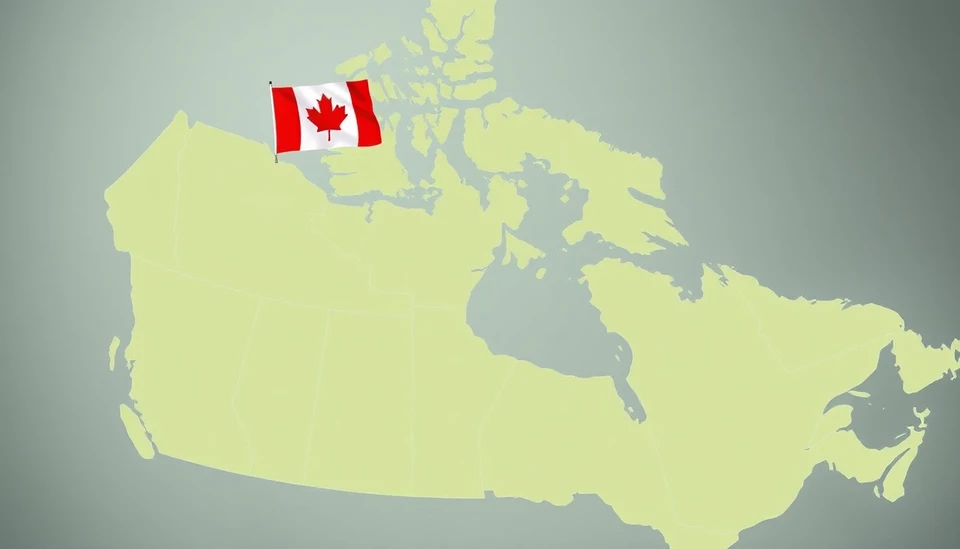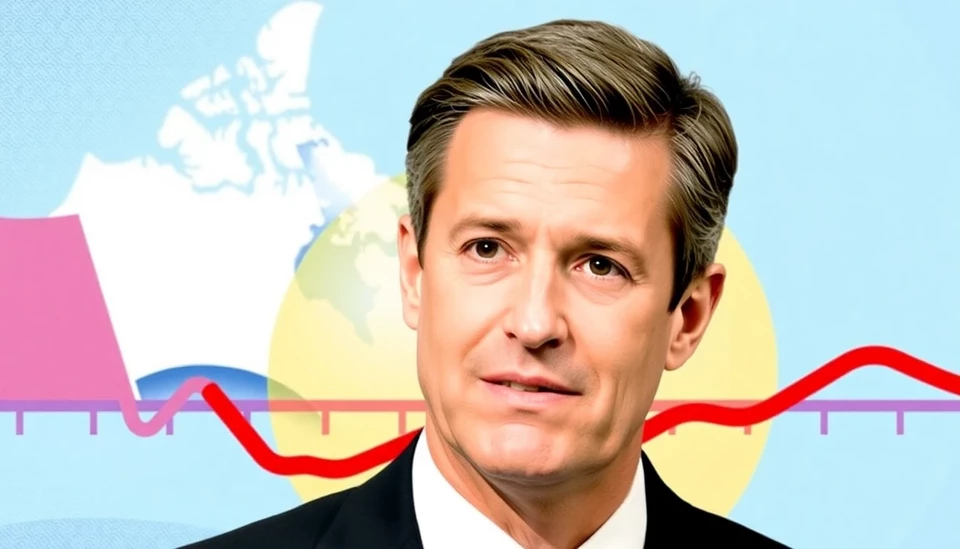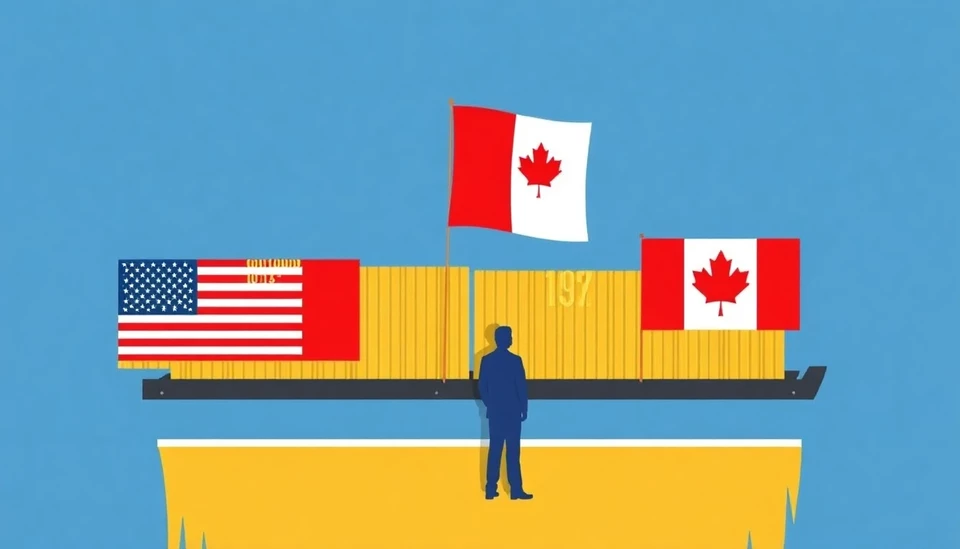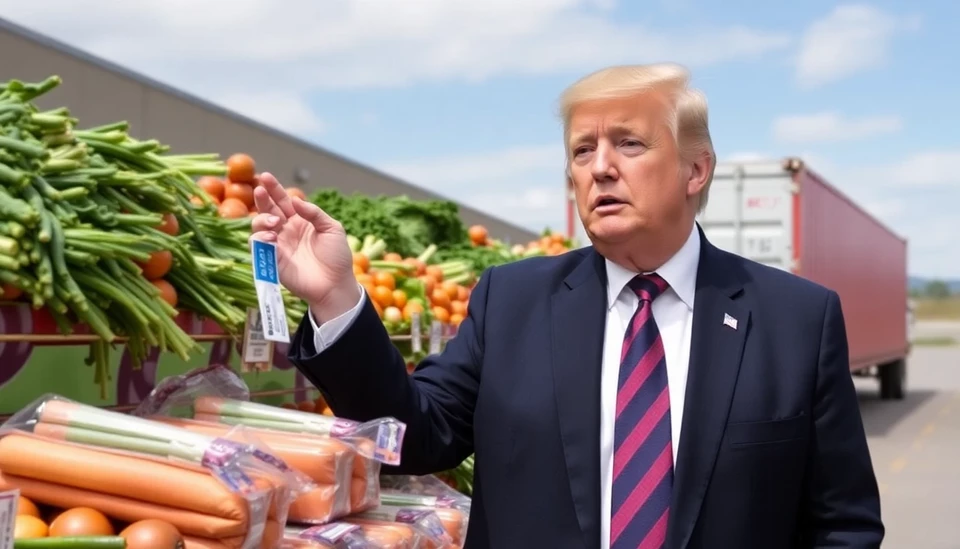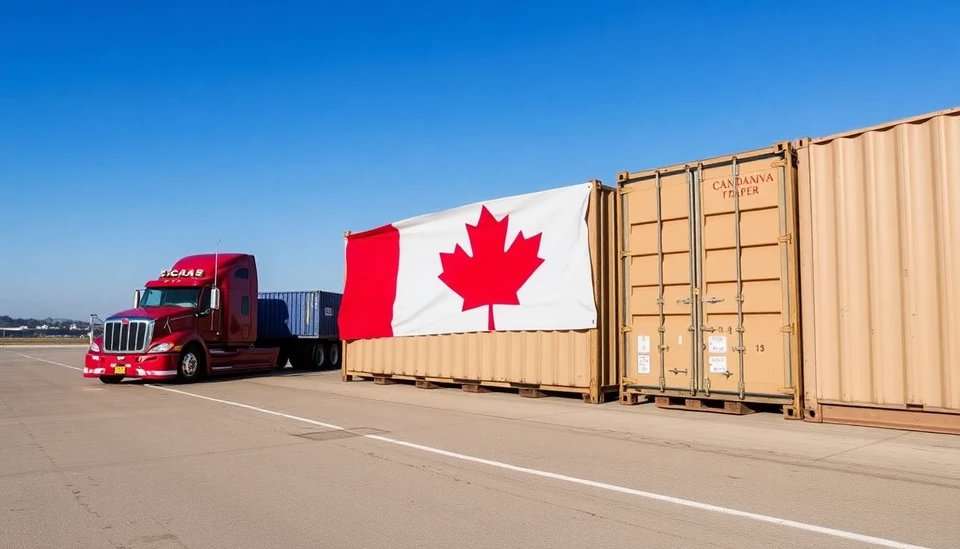
The Canadian government is adopting a watchful approach following the recent announcement that former President Donald Trump is delaying the imposition of new tariffs on Canadian imports. This decision has left many economists and policymakers pondering the implications for trade relations between the two neighboring countries.
In a surprising introduction to the new year, Trump indicated a temporary halt on tariffs that were previously touted as essential for protecting American jobs and industries. The announcement comes as the former president continues to navigate his complex relationship with Canada, balancing his protectionist agenda with the need for positive bilateral relations.
Officials in Canada expressed a plethora of mixed emotions regarding this latest development. On one hand, there is a sense of relief that tariffs—often seen as a threat to the economic stability of various sectors—have been delayed. On the other hand, the uncertainty surrounding the long-term fate of these tariffs fuels anxiety and skepticism among Canadian businesses and industries that thrive on free trade.
Specifically, the Canadian government remains wary of the potential for future tariff implementations in the wake of an unpredictable political landscape in the U.S. The rhetoric surrounding Canadian products has often been aggressive, and the fear is that it could resurface at any moment, prompting Canada to be on high alert regarding its trade practices and market accessibility.
Trade analysts suggest that Canada should prepare for various scenarios that could unfold as Trump continues to make headlines, especially as he looks to strengthen his base ahead of future electoral endeavors. Historically, the trade relationship between the U.S. and Canada has been symbiotic, with both countries benefiting from the free flow of goods and services. However, Trump's administration has often favored a more nationalist approach, increasing tensions and leading to a series of retaliatory measures in previous years.
The timing of this decision to delay tariffs also plays a crucial role in the broader context of global trade dynamics. As nations across the world grapple with economic recovery post-pandemic, any disruptions caused by tariffs could further hinder growth, making this delay a potentially strategic move by Trump to stabilize trade relations while keeping a close eye on voter sentiment.
Furthermore, Canada’s export-oriented economy means that developments like these have direct repercussions on its industries, particularly in sectors such as agriculture, manufacturing, and natural resources. Industry leaders are urging the government to take a proactive approach in addressing these uncertainties, emphasizing the necessity for strategic planning that accommodates potential shifts in policy and market disruptions.
Overall, while the recent choice of Trump's to delay tariffs can be seen as a short-term relief for Canada, it is also a reminder of the ongoing volatility in trade relations with the U.S. As the situation evolves, Canadian officials remain steadfast in their commitment to safeguarding their economic interests and fostering a cooperative dialogue that encourages stability and growth in North America.
As this story unfolds, observers from both countries will be keeping close tabs on any forthcoming announcements, policy shifts, or political maneuvers that could reshape the trade landscape even further. For now, Canada takes a cautious stance, balancing optimism with prudence as they navigate the potential complexities of this transnational relationship.
#CanadaTrade #TrumpTariffs #USCanadaRelations #GlobalTrade #Economy #BilateralTradeRelations
Author: Daniel Foster
